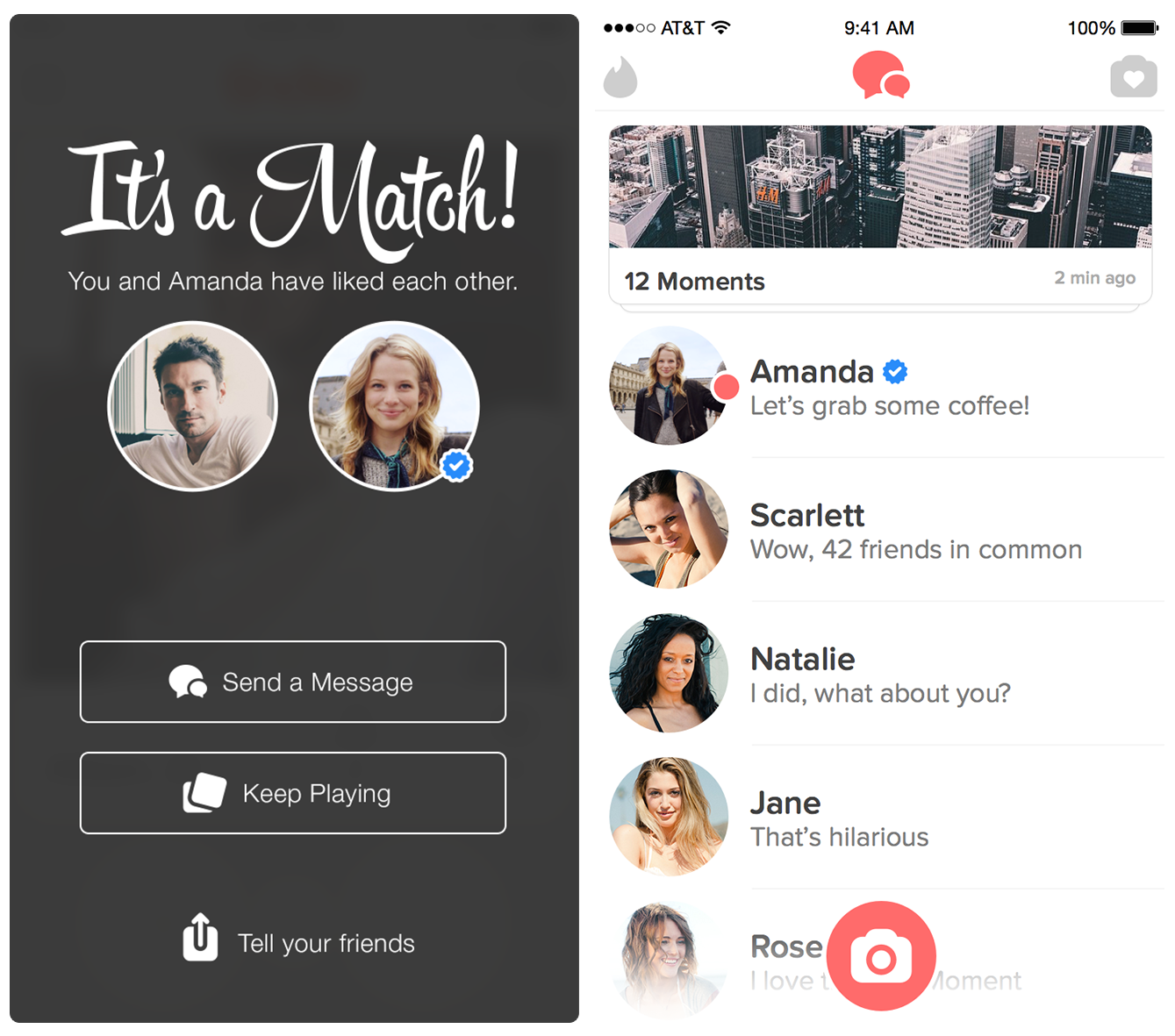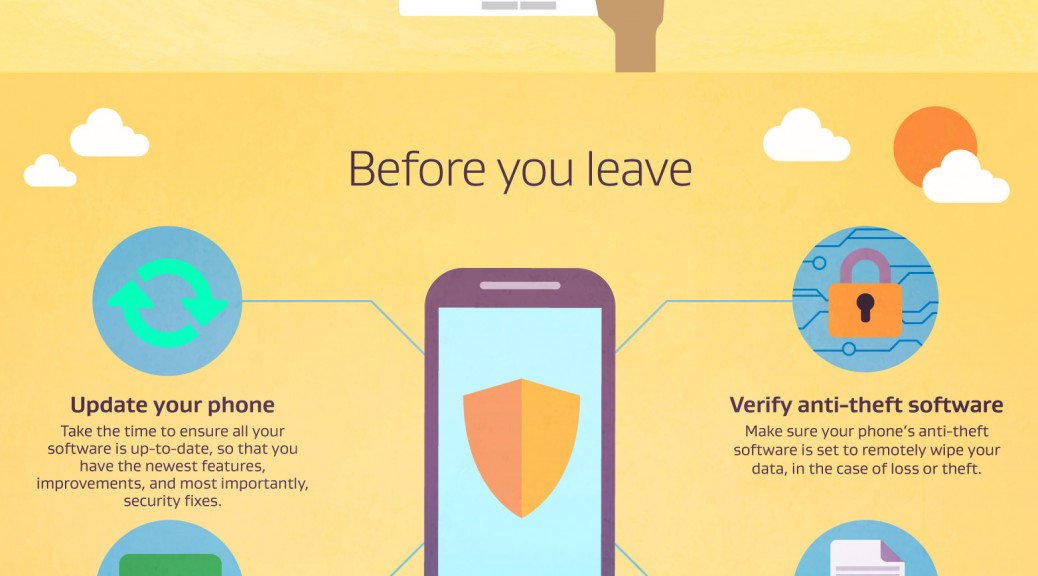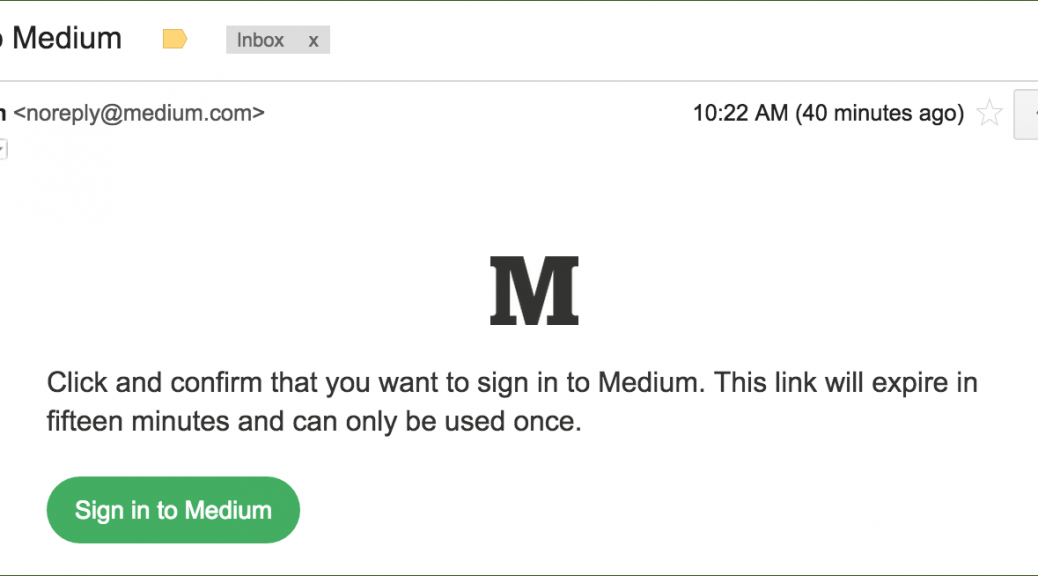Many of us are already familiar with the little “check mark” found on social networks that signifies that an account is legitimate. Most often seen with celebrities or famous sports personalities, it’s a simple way of letting everyone know that the account holder is the person they claim to be.
Now, mobile dating app Tinder has followed suit by introducing verified accounts to their service and we’ll no doubt see blue check marks next to Lindsay Lohan and Katy Perry who are apparently fans of the app.

Here are three quick tips to help you have fun and avoid scandal while dating online.
Use throwaway accounts: Some dating apps require an email or a Facebook account to log in. If you want to use one of these sites, it may be smart to create a new account just for dating. That way you can close them down easily if you need to.
Use secure messaging in app: Don’t rush to move to off-app communications (email, phone, etc). Take your time and communicate through the app, there are measures in place to help you stay private and get support when you need it.
Be wary of fake accounts: Just like we’ve said in this article, online dating services can have a lot of fake dating profiles, known as Catfish scams. You can help protect yourself and your data by not giving out any personal details unless you are sure you’re talking to a real person.
Be careful what you share: Remember that anything you upload to an app will likely become their property, so don’t be surprised if you log in to find your picture on the homepage as “hot date of the week” or even used in promotional material! Make sure you’re happy for anything you share to be seen publicly.
If you want to meet, tell someone where you’re going: Common sense rules that you shouldn’t rush out to meet someone you don’t know in the middle of the night. Meet in a public place during the day and make sure someone knows you’re going and check in from time to time to let them know everything is ok.
![]()
![]()




